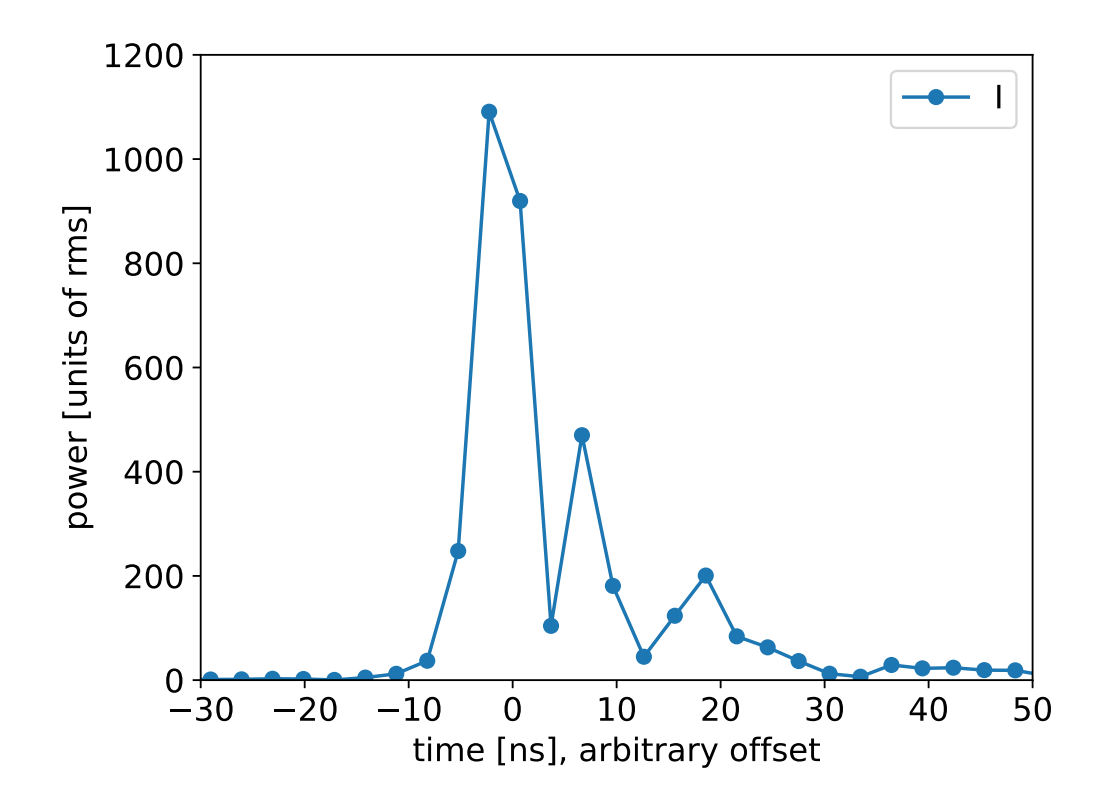
For some months, we've been awoken each morning by the song of a funky little bird called a Fantail Flycatcher. The thing is, we can hear the little fellow(s), but we're never able to actually see him (them) as they sing.
Which is odd, because at other times, we've seen them easily enough. One used to perch on the branches just outside our balcony, for example. Another pair of fantails would zoom out of a nearby tree every time a certain neighborhood dog passed - only that dog! - and, much to the canine's bewilderment, dive bomb him. So we expected to see this morning crooner too - but no luck.
Still, his song is a good way to wake up, a nice reminder of his perky, elegant and never-still presence somewhere nearby.
And you will note that I've referred to the crooner as a male. Nothing unusual there, because it is only in line with the long time conventional wisdom about songbirds, or passerines, as they are known among ornithologists. The males of the species sing because they want to attract females. The females choose their mates based on their songs. The more apparently melodious and complex the song, the more attractive the crooner is to the females of the species. Then the logic of evolution kicks in, and this process pushes the male birds' songs to become ever more complex.
(You will also note that I wrote "apparently melodious" above: melody is what we humans make of these sounds, of course, and we humans should resist anthropomorphising them. Makes me wonder if fantail flycatchers secretly wish they could one day be as melodious as crows. Oops, I'm anthropomorphising again. But speaking of crows ...)
Of course I don't know where in this evolutionary progression today's flycatchers are. But their songs are certainly more complex and intricate than some other passerines have managed. Take a passerine you see and hear every day, the ubiquitous crow. There's no comparison between the intricacies of the flycatcher's song and the almost single-note cawing of the crow. Now I'm hardly competent to tell you why that is; why the pressure of attracting females of the species has not pushed male crows to more varied or nuanced caws. Still, it is how ornithologists have long viewed the evolution of bird song.
"This view", says a 2019 paper, "provides no functional role for female song." Seems like it has long been assumed that in most species, the gents sing and the lady birds don't, with very few exceptions. In fact, says the same paper, "Historic geographical research biases generalized pronounced sex differences of [certain] songbirds to all songbirds."
That is, bird song researchers studied a few species - as it happens, all in generally northern temperate latitudes in Europe and North America - in which it was the males who sang. So researchers simply assumed that this was true of all songbird species. This assumption was "fundamental to the formulation of Darwin’s theory of sexual selection", the same authors write in a 2014 article in Nature. Darwin even believed that "the primary role of females is to listen." As a result, "birdsong has become a textbook example of the power of sexual selection to lead to extreme neurological and behavioural sex differences." They actually go further still: "The evolution of elaborate traits has almost universally been attributed to sexual selection acting on males."
Except ... that females only listen, that only males sing: these weren't particularly clever assumptions to make. The authors of the papers above (Karan Odom, Katharina Riebel and others) did a survey of a number of species of songbirds, and found that - get ready - in 71% of them, the females sing as well. Not just that. Today's songbirds have a common evolutionary ancestor, and the females of that long-ago species also sang.
Two observations underpinned this hypothesis. One, that most songbird species are found in the tropics, and in most of them, both genders sing. Two, species in which the females sing are plentiful across Australasia, and that's where songbirds emerged from, evolutionarily speaking. So the temperate zone observations, even if accurate in themselves, were possibly just convenient coincidence, and certainly should not have been extrapolated.
To come to their conclusions, Odom, Riebel and their colleagues observed 1141 species of songbirds. They were strict about what sounds the birds made that qualified as song, and which of those were attributed to the females of the species. Their criteria ruled out over 70% of the 1141 species, leaving 323 species in which they were able to record the "presence or absence of female song unequivocally." And "presence" applied to 229 of those 323, or 71%.
And, I was delighted to note, fantails are among those 229. (Not so delighted to note that crows are not.)
Of course, all this challenges the notion that male birdsong drove their species' evolution. Or, as Odom et al write, their findings call for a "re-evaluation of the pervasive view of birdsong as an epigamic male trait that has evolved through sexual selection." There's also the question of why females of some species have "lost" their songs.
But all in all, we can no longer assume that female birdsong is an exception. I first heard about this in a lecture in an ornithology course I'm taking, and that prompted me to read the Odom/Riebel papers. Lecture, course, papers: all fascinating.
And at one point in the lecture, the professor says this: "It was also shown, in a separate study, that female researchers are more likely to be authors of papers that researched female bird song."
Gender bias: more pervasive than we might imagine.
---
PS #1: The ornithology course is from the National Programme of Tehnology Enhanced Learning, NPTEL. I totally recommend it!
PS #2: Speaking of song, take a listen to some of us - not all males - playing one on our harmonicas on the Bombay seashore two days ago.
PS #3: If you liked this article, and want some more, please consider clicking on the "Support" button below. I'll be eternally grateful.
















Write a comment ...